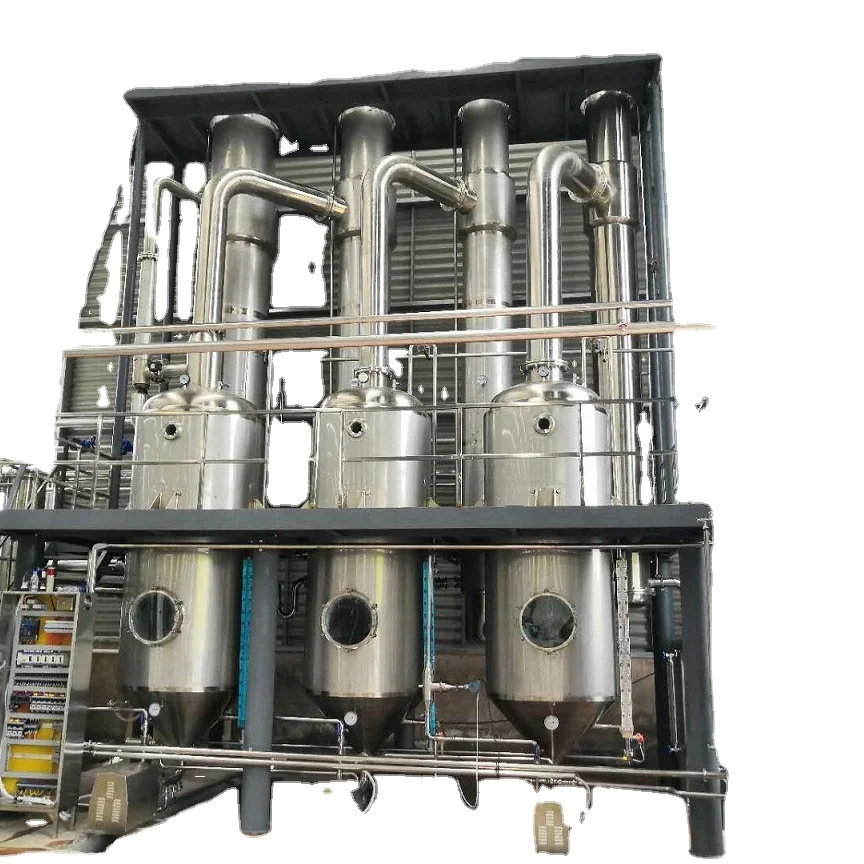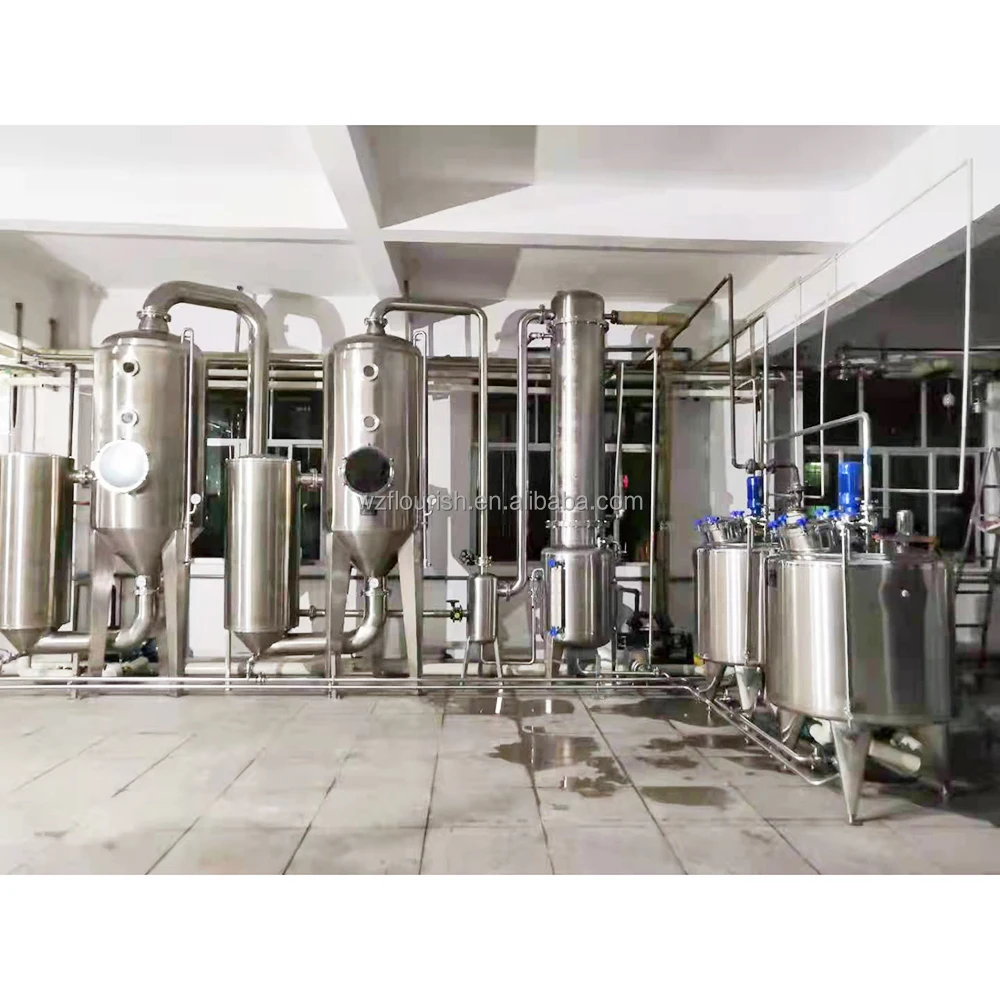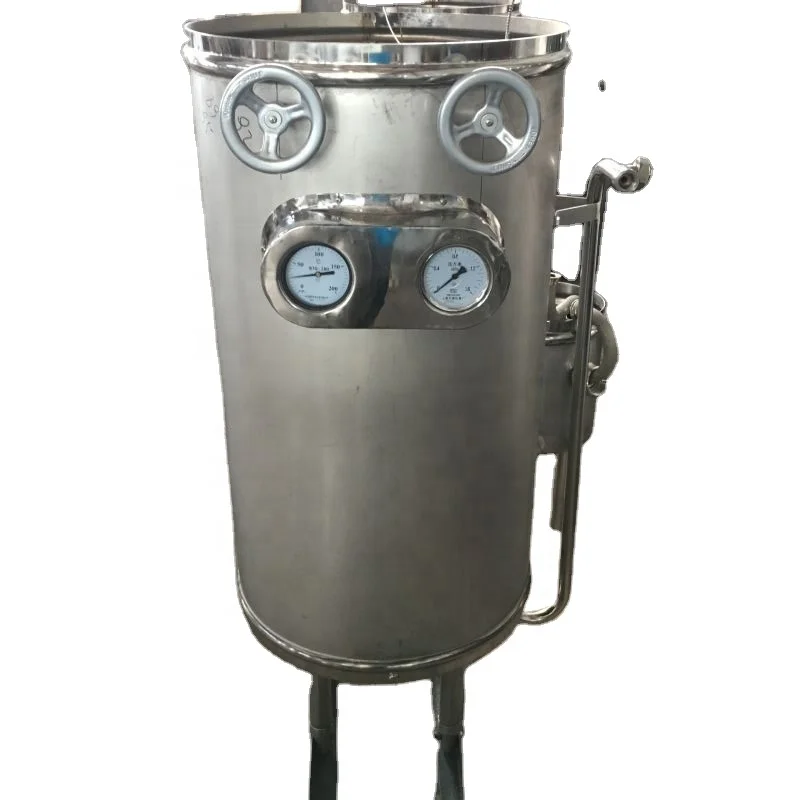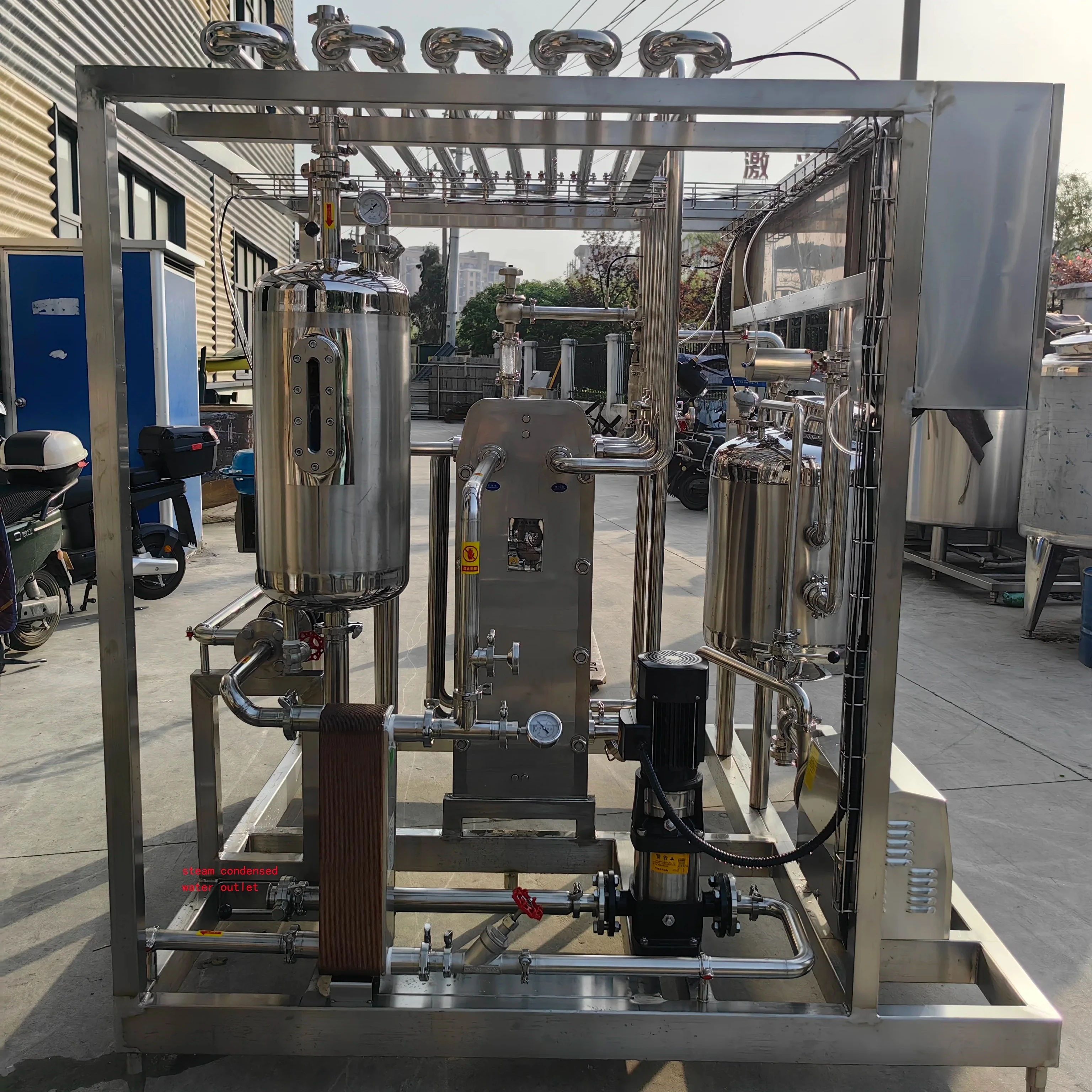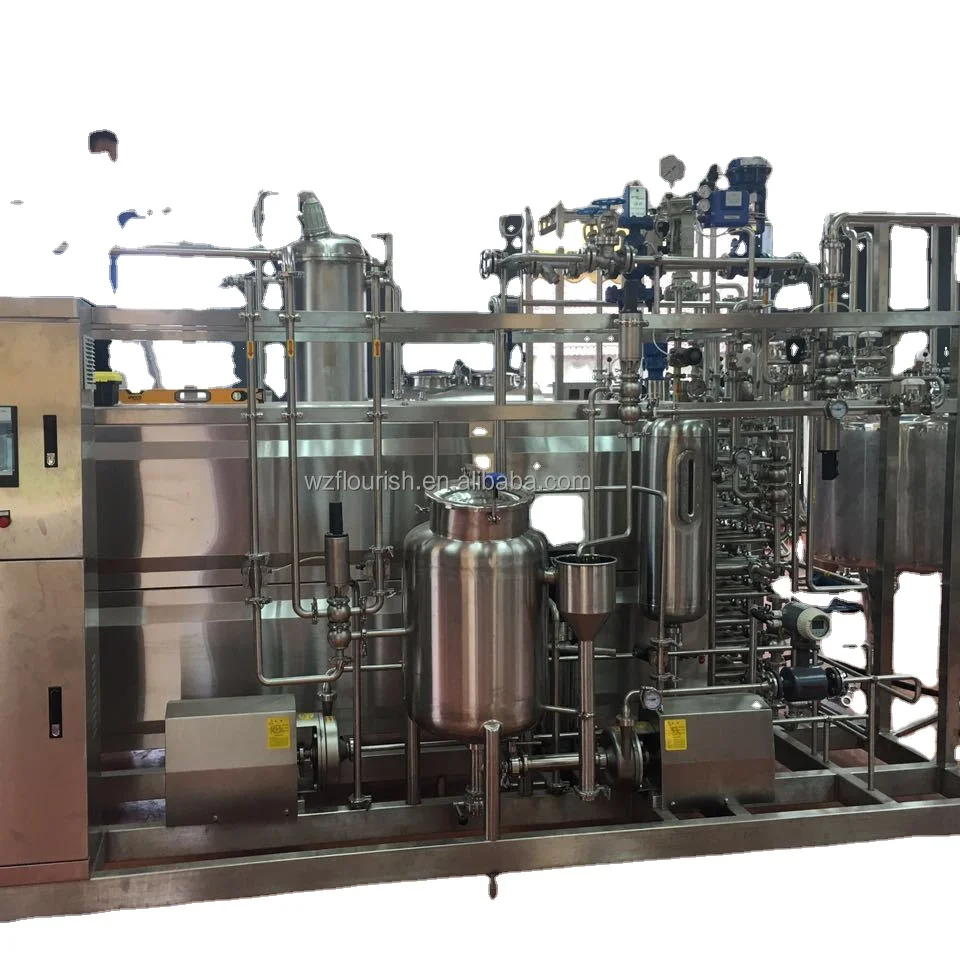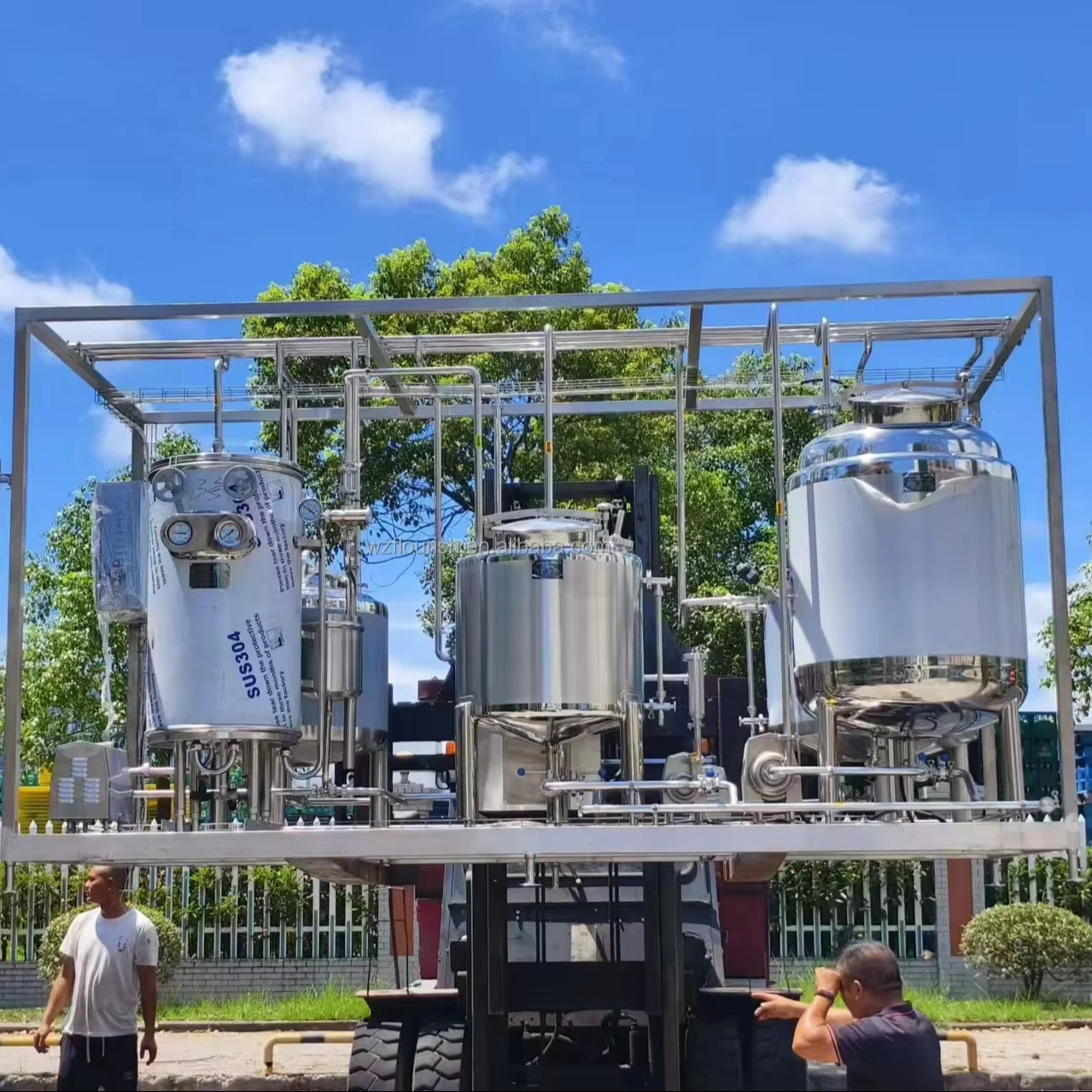ABOUT
Wenzhou Vince Machinery Science Co., Ltd. was established in early 1980s. Our company covers an area of 6500 square meters and is an independent legal representative firm, possessing rich economic technology strength. Our company is a high tech enterprise and plays an important role in national dairy, foodstuff, pharmacy and machinery industries. We are a beverage machinery supplier.
Since the establishment, our company has mainly engaged in dairy products, foodstuff, beverage machinery, bean products, yellow wine, medicines and fermentation projects. What's more, our company supplies a complete sequence services in manufacturing, installation, test and personnel train, as well as the whole direction service design and consulting service on product project construction or enlargement artistic distribution engineering sets budget.
PRODUCTS
Versatile Stainless Steel Process Tank
Material Superiority: The Stainless Steel Advantage
The foundation of a process tank's effectiveness lies in its material. Stainless steel, specifically grades like 304 and 316, offers unparalleled advantages. Its inherent corrosion resistance is crucial in handling various chemicals, preventing contamination, and ensuring product purity. This translates to longer tank lifespans, reduced maintenance costs, and minimized downtime – all vital factors in efficient industrial operations. The choice of specific stainless steel grade often depends on the specific application; industries dealing with highly corrosive substances might opt for the higher-alloy 316 grade for enhanced resistance to chlorides and other aggressive chemicals.
Furthermore, stainless steel's durability and strength allow for the construction of tanks capable of withstanding significant internal pressure and external stress. This is paramount in applications involving mixing, agitation, and the storage of liquids under pressure. The smooth surface of stainless steel also minimizes the risk of bacterial growth and simplifies cleaning procedures, a critical aspect in hygienic applications like food processing and pharmaceutical manufacturing.
Design Flexibility: Tailored to Your Needs
Versatile stainless steel process tanks are not one-size-fits-all solutions. Their design is highly customizable to meet specific process requirements. Tank volume can range from a few liters to several thousand gallons, depending on the scale of the operation. The shape and dimensions are also adaptable; cylindrical tanks are common for larger volumes, while rectangular tanks might be preferred for space optimization in certain facilities.
Beyond basic dimensions, manufacturers offer a wide array of design options. These include different types of tank bottoms (conical, flat, dished), various inlet and outlet configurations, integrated mixing systems, and the incorporation of heating or cooling jackets. These customizations allow for precise control over the process conditions within the tank, ensuring optimal efficiency and product quality. The addition of features like level sensors, temperature probes, and pressure gauges further enhances process monitoring and control.
Applications Across Industries
The versatility of stainless steel process tanks is evident in their widespread adoption across numerous industries. In the food and beverage sector, they are used for mixing ingredients, fermenting products, and storing finished goods. Their hygienic design ensures the safety and quality of consumable products. The pharmaceutical industry relies on them for the mixing and storage of sensitive ingredients and pharmaceutical formulations, maintaining sterility and product integrity.
Chemical processing plants utilize stainless steel process tanks for a variety of operations, including chemical reactions, blending, and storage of intermediate and final products. The material's resistance to corrosion is critical in handling a wide array of chemicals. Even in wastewater treatment, stainless steel process tanks play a role, offering durability and resistance to the often-corrosive nature of treated wastewater.
Maintenance and Longevity
Proper maintenance is key to extending the lifespan of a stainless steel process tank. Regular cleaning and inspection are crucial to prevent corrosion and ensure optimal performance. The ease of cleaning, thanks to the smooth, non-porous surface of stainless steel, contributes to reduced maintenance time and costs. The durable construction of these tanks means they can withstand years of rigorous use, representing a long-term investment for businesses.
In conclusion, the versatile stainless steel process tank is more than just a storage vessel; it's a fundamental component in countless industrial processes, offering a unique blend of durability, corrosion resistance, and design flexibility. Its widespread adoption across various sectors is a testament to its value and efficiency.
SUBSCRIBE
INQUIRY

